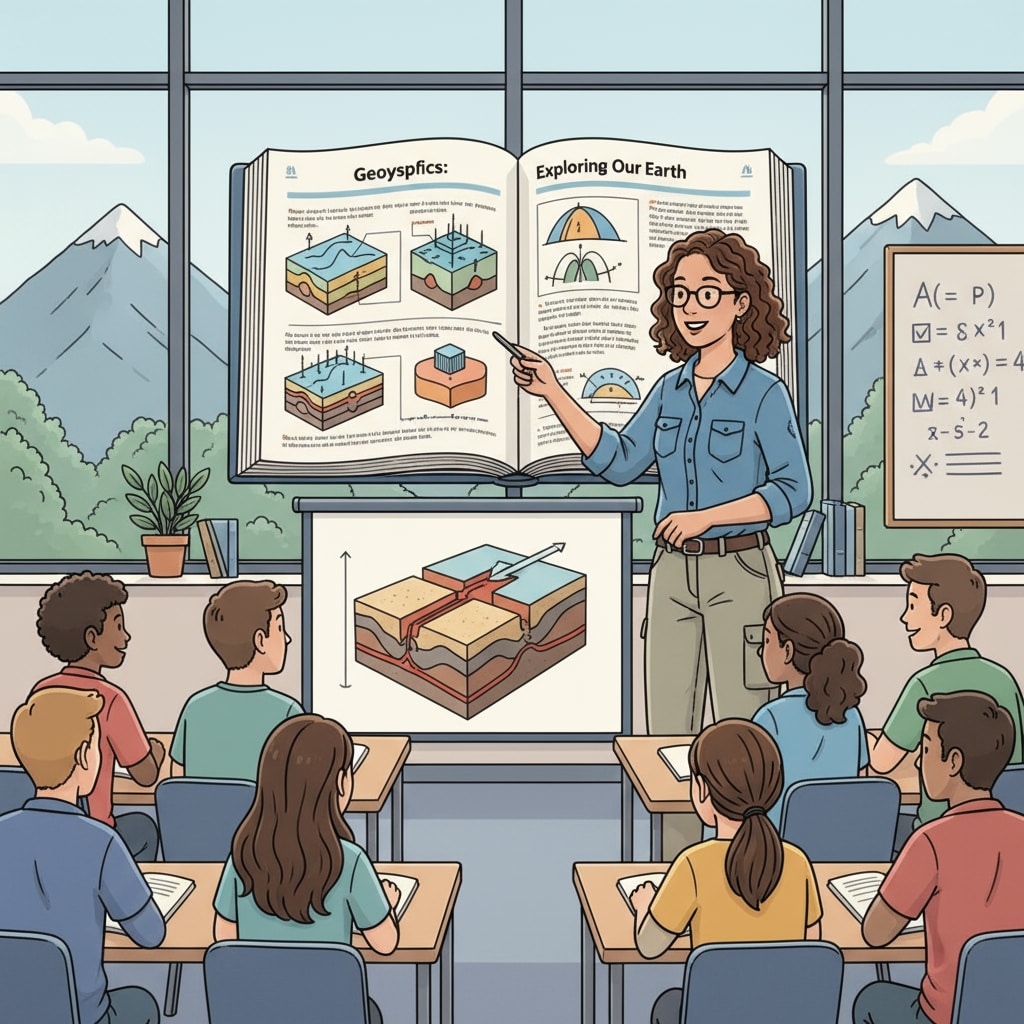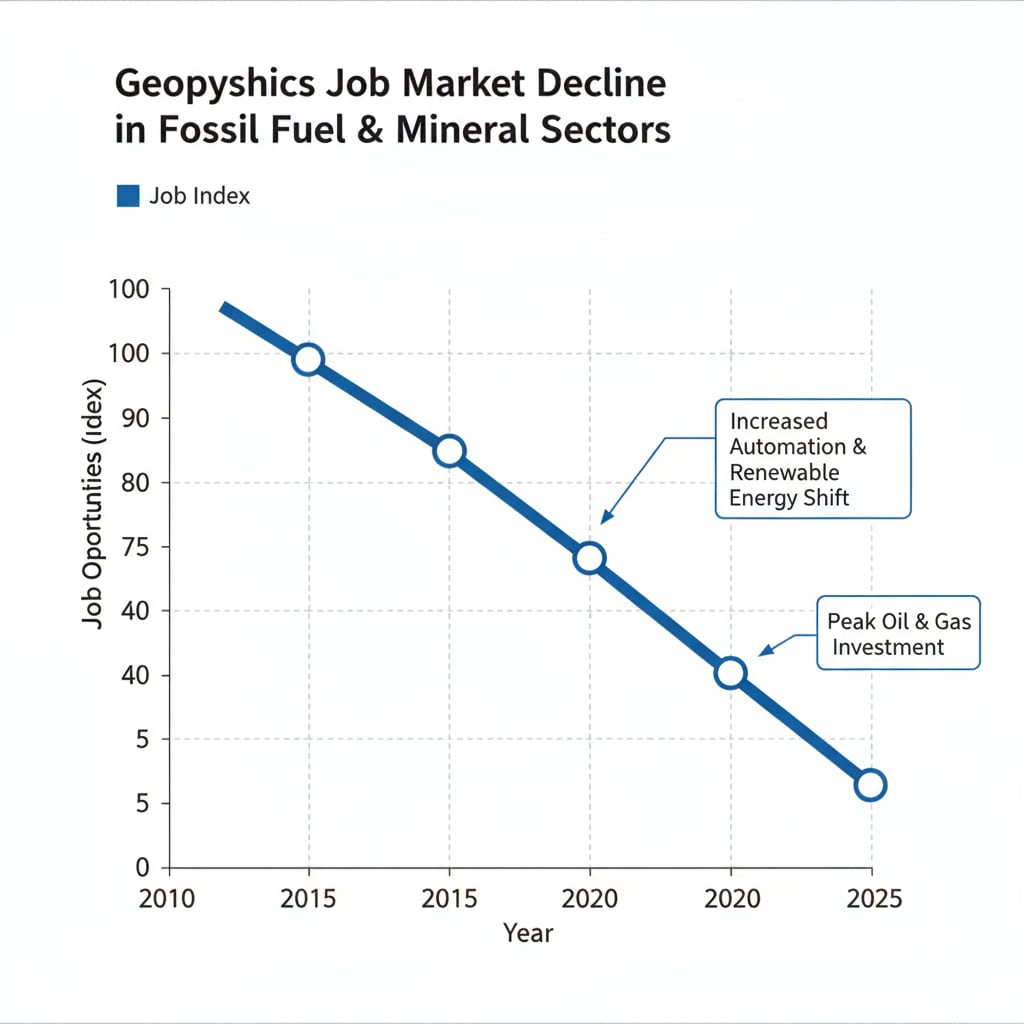Geophysics professionals often find themselves in an employment dilemma. The job market for geophysics can be competitive and limited in some regions. However, obtaining a second master’s degree can offer a new path, especially in the realm of K12 education.

The Employment Dilemma in Geophysics
The field of geophysics, which studies the physical properties and processes of the Earth, has long been an essential part of scientific research. However, in recent years, graduates in geophysics have faced tough job markets. According to Wikipedia’s page on Geophysics, the demand for geophysics-related positions in traditional industries such as oil exploration and mining has decreased. Many geophysics professionals are left with limited job options, leading to an employment dilemma. For example, some may find that the jobs available require years of experience or specialized skills that they may not have immediately upon graduation.

The Appeal of K12 Education for Geophysics Professionals
K12 education presents a unique opportunity for geophysics professionals. In K12 schools, there is a growing need for educators who can teach earth science subjects. These professionals can use their in-depth knowledge of geophysics to inspire the next generation of environmental stewards. As stated on Britannica’s entry on Geophysics, geophysics encompasses a wide range of topics like seismology and geomagnetism, which can be fascinating for students. By teaching these subjects, geophysics professionals can not only share their passion but also contribute to building a more scientifically literate society. In addition, the job stability and work-life balance in K12 education can be appealing compared to the often demanding and uncertain nature of some geophysics jobs.
Transitioning to K12 education requires certain steps. Firstly, obtaining a second master’s degree in education can provide the necessary teaching skills and knowledge. This degree usually includes courses on educational psychology, teaching methods, and curriculum development. Secondly, getting certified as a teacher is essential. Different regions have different certification requirements, but generally, it involves passing exams and completing a certain amount of teaching practice. Finally, building a network in the education field can help geophysics professionals find job opportunities. Attending education conferences and joining professional teaching associations can be great ways to connect with potential employers and other educators.
Readability guidance: The paragraphs above use short sentences and simple language to enhance readability. Lists and external links are provided to make the content more organized and reliable. Transition words like ‘however’, ‘for example’, ‘in addition’ are used to connect ideas smoothly.


